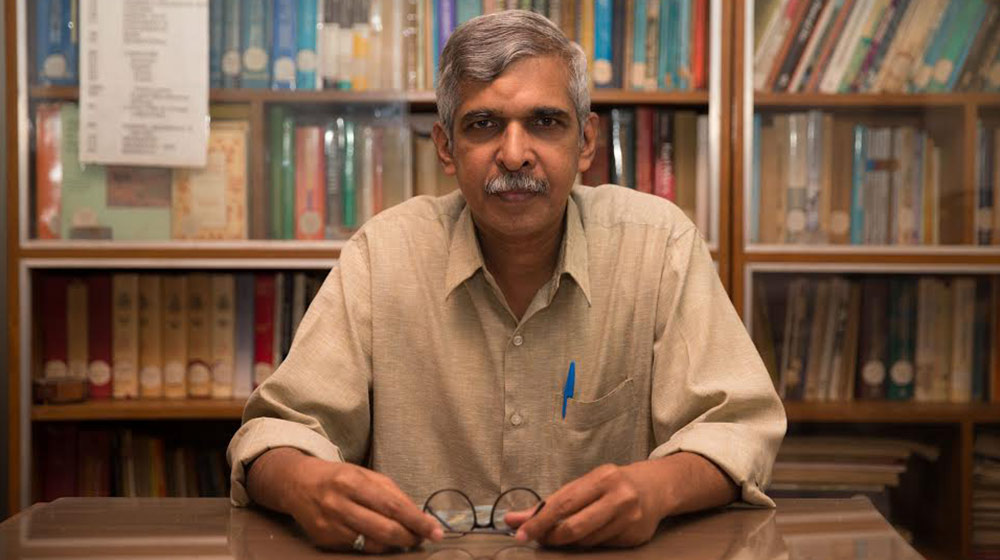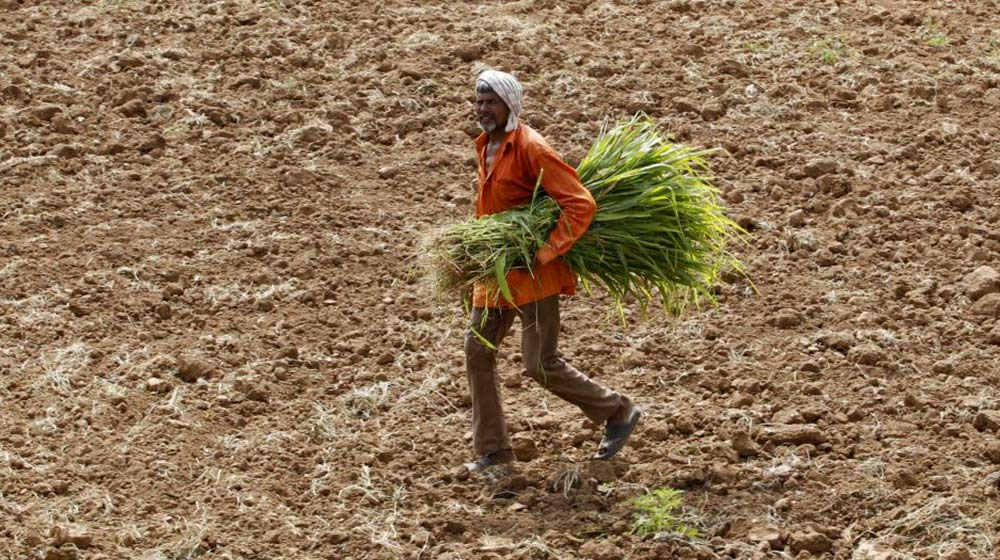Saving one life at a time: Rescuing Indian farmers

India has seen more than 3 lakh farmer suicides since 1995, which means more than one farmer committed suicide every hour*. While media coverage has brought national attention to the condition of farmers in India, majority of us wait helplessly, expressing our angst on social media year after year.
Not only is our understanding of factors leading to farmer's suicides limited, we are also ignorant of the ways in which we can affect a change in their situation. In fact, many of us believe that it is not possible for the 'aam aadmi' to help farmers.
As we wait for another year of a seemingly brutal summer, and headlines of social and economic causes pushing more farmers to the brink, here’s a story on Pre-activist Babu P, Chief functionary at ICRA (Institute for Cultural Research and Action (ICRA).
ICRA is a developmental organisation working with over 3000 marginalised farmers in rain fed regions of Karnataka for over 15 years. His associate V Gayathri, edits the bimonthly Sahaja Saguvali, a bimonthly farm magazine in Kannada. They have been tirelessly working to turn around the plight of struggling farmers. Babu P. explains the issues on the ground for us.
ICRA and sustainable farming with over 3000 farmers
"Right from the 1990s, we were highly concerned about environmental issues. Through ICRA, we have begun a sustainable organic culture across several parts of Karnataka. We have been working with tribes and farmers, indigenous communities and hold trainings and workshops for them.
Through ICRA, the first generation of organic farmers is now working in the fields of the State.

An unforgiving land: why farmers are driven to suicide
We have carried a study on farmer’s suicide over the years. It is hard to explain to someone who is unfamiliar with farming about the issues related with it.
Heavy loans are something farmers cannot escape. The social pressures and taboos that come with loans are hard for them to bear. The farming community is driven by certain values that we may not relate to.
Recurrent crop failures make farmers migrate to cities in search of jobs. Some migrate to mine factories. Men who move to mining have faced several health hazards. Once they migrate and abandon their lands, they cannot go back. The lands turn infertile.
Rekindling hope for farmers
We attempt to create an environment where farming is creative, profitable and secure.
In Bellary district, over 500 farmers had migrated to mining and were working under hazardous conditions. We reintroduced them back to farming by first clearing their lands and turning them productive. We created community based ‘sanghas’ to rope them back into farming.
There are several new agricultural practices that farmers are unaware of. We train them in this regard.
Often, we try to get them to raise funds and loans within the ‘sanghas’ itself. This way, people in the community themselves look out for each other.
We also help them make their soil more fertile, help them adjust their crops and plantings to the changes in climate. Today even droughts don’t affect farmers. Many of them are well equipped to handle extreme situations. These are the real heroes. We have also acquired land titles for many farmers that had no prior documentation or proof of their land holdings.
What can ordinary citizens do to help them?
To begin with, youngsters can start consuming and promoting organic farming.
Secondly, there needs to be a system in place, an organisational structure where people can volunteer, meet farmers, teach them, learn from them as to how they survive in the toughest of conditions. Many attempt to volunteer and go to their villages, but can’t stay there for even a week.
When citizen’s groups come together and pressurise the Government, a state intervention could finally come in place, which is of dire need now. The society and the State both have to change their policy and approach.
If they can do it, why can’t we?
Farming is seen as a challenging occupation, which offers neither money, nor respect. In such a scenario, pre-activists like Babu P. stepped in to make a real difference in the lives of many farmers.
It’s time we too channelled our discomfort with farmer suicide more constructively. It’s time we moved towards acting while there is hope, rather than reacting in despair of lakhs of lives lost. Because for lakhs of farmers in India, the clock is ticking.
Before yet another farm turns dry. Before yet another life is lost...
Alarm bajne se pehle Jaago Re!
*Source: The Indian Express
Share this story on





